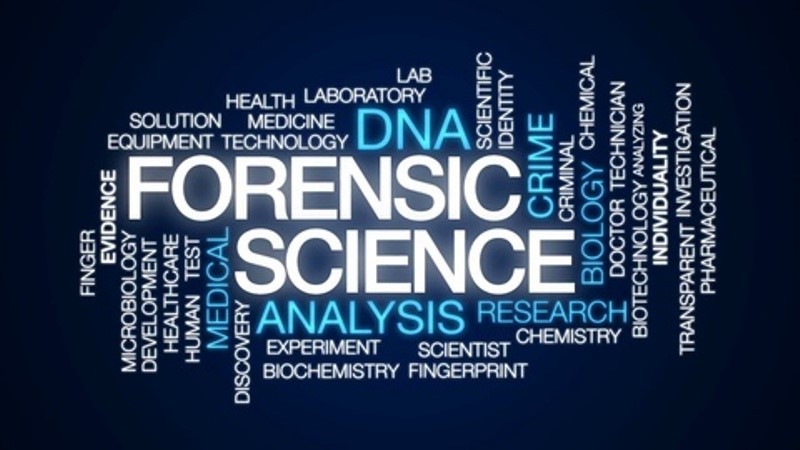Forensic Accounting is a field that utilizes the knowledge of accounting, auditing, and investigative skills. Forensic Accounting is used for the purpose of examination of fraud by an individual, company or organization. The results given by a Forensic Accountant can be used in the Court of Law.
A Forensic Accountant must understand, summarize and perform analysis on complex matters of finance or business and he/she must possess thorough theoretical knowledge as well as technical skills, so as to tackle complex data and interpret it appropriately.
If a Forensic Accountant feels that a particular audit report is not accurate, then they can use their computer expertise and research skills to review that data.
Purpose
Forensic Accounting as we all know is done in order to examine fraud or criminal matters, the purpose is to determine the existence, nature and to what extend the fraud has been committed.
Take for Example – Insurance Fraud, employs theft
Finally, the results made by the Forensic Accountant can be used for the purpose of Court.
To be more specific the work of the Forensic Accountant is as follows –
- To Perform Investigation – To trace a particular transaction, find missing records etc.
- Work with other experts – like Question Document Examiner or other Auditors.
- Protection and Recovery of Assets – In order to claim back lost assets and to generate appropriate actions to prevent fraud in the future.
- Litigation – Work and support court proceedings, prepare documents and reports, review reports by the opposition, and or to act as an Expert Witness.
Types of Cases Encountered
Unlike popular forensic analysis like Extraction of DNA or Examination of Bullet, the cases encountered by the forensic accountant is very different.
Cases encountered can be –
- Litigation Cases
- Tax Frauds
- Claims or Dispute Resolution
- Shareholders Disputes
- Security Frauds
- Money Laundering
- Family and Marital Disputes
- Bankruptcy
- Hidden or Misappropriated Assets
- Insurance Claims
- Corruption and many more
Types of Evidence Encountered
Mostly Forensic Accounting deals with Digital evidence or Document Evidence some examples are given below
- E-mails
- Letters
- Bills
- Files
- Missing Accounts
- Cloud Storages
- Interviews with Employees, etc.
How Analysis is Performed?
There is a protocol that is involved in conducting the examination. Though the approach can vary depending on the case on what to be analyzed and what not to be analyzed.
The Protocol involves 3 basic steps –
- Investigation
This is basically the initial step, here the forensic examiner starts digging for facts. This information gathering process includes investigating places where fraud might have taken place (Red Flags) to create a hypothesis on who might be involved in the fraud, the nature of fraud and to develop necessary action plans to proceed further into the investigation.
Investigation may be conducted by –
- Data Mining with Computers
- Reviewing Documents
- Conducting Interviews
- Reporting
After the information gathering step, it is time to develop a Report/Case. This includes summary of all findings, using that information understanding how fraud might have occurred, who was involved in the commission of fraud.
In addition, it may also include ways to prevent such incidents in future and identify Red Flags (Indicate Danger/Weakness/Fraud/Problems).
- Litigation
The final step in Forensic Accountants protocol involves presentation in the Court of Law as an Expert Witnesses. This means after all facts finding and report submission, the investigator must be able to make sense of his/her findings in the Court of Law.
Prevention of Fraud
Some of the way’s fraud can be prevented are mentioned below –
- Setting up of Monitoring Systems
- Practice safe internet use
- Be aware of Scams
- Secure your Mail
- Track Transaction Records
- Don’t give personal information on Phone
- Keep records of all transactions in the Organization
Importance of Forensic Accounting in Today’s Scenario
Forensic accounting is a fast-developing field especially in the today’s fraudulent business practices like financial scandals, litigious business environment, and regulatory initiatives etc. Forensic accounting can help in solving various cases including cheque fraud, Insurance fraud etc. and hence the need of the hour is to create awareness about this emerging field and the knowledge of this field should be incorporated in the study curriculum of forensic science students.
References
- Chen, J. (2019, April 25). Forensic Accounting. Retrieved from Investopedia: https://www.investopedia.com/terms/f/forensicaccounting.asp
- Forensic accounting. (2020, June 9). Retrieved from Wikipedia: https://en.wikipedia.org/wiki/Forensic_accounting
- Rezaee, Z., Crumbley, D. L., & Elmore, R. C. (2004). Forensic accounting education: A survey of academicians and practitioners. Advances in Accounting Education, Forthcoming.
- Silverstone, H., Sheetz, M., Pedneault, S., & Rudewicz, F. (2004). Forensic accounting and fraud investigation for non-experts. Hoboken, NJ: Wiley.
Author: Nandini Gupta

Disclaimer: This article has been published in Forensic Science Application, NVAFRCI, 1(7):2020




I truly appreciate this post. I抳e been looking all over for this! Thank goodness I found it on Bing. You’ve made my day! Thank you again
Wow, incredible weblog layout! How lengthy have you been blogging for? you made blogging glance easy. The full glance of your web site is fantastic, as neatly as the content!